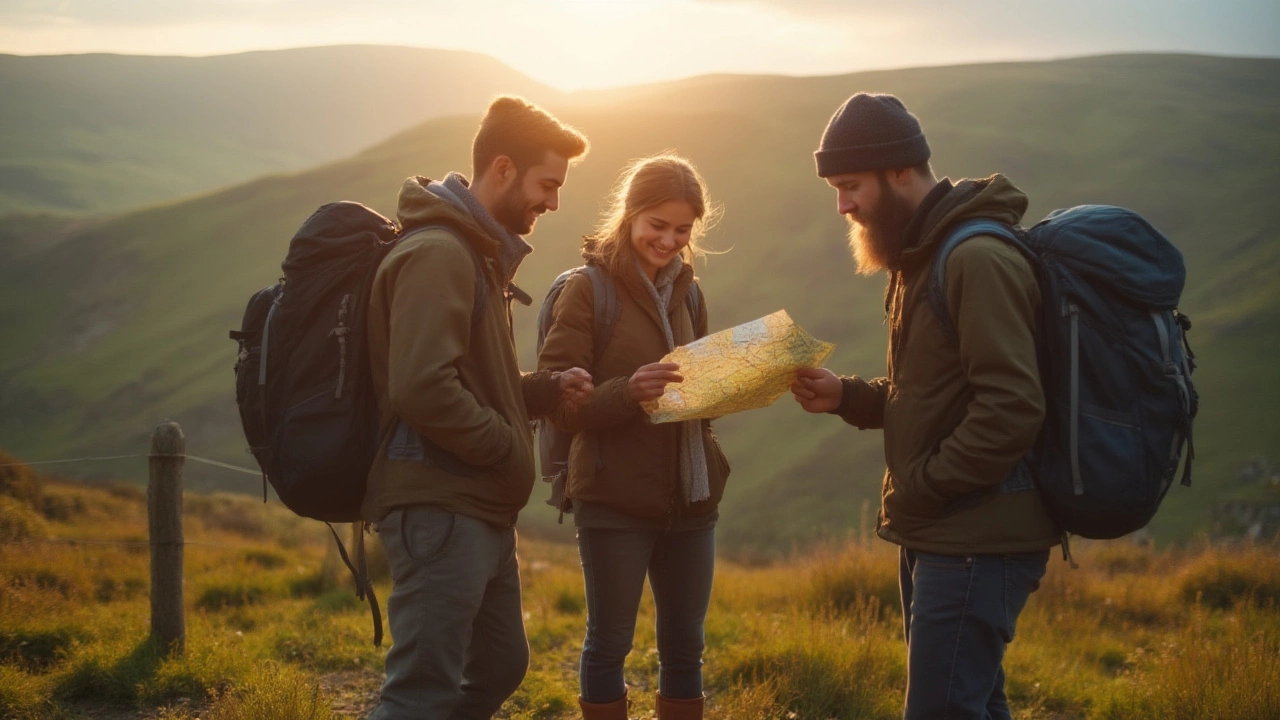Camping Survival: Practical Tips to Stay Safe on the Road
If you love sleeping under the stars but worry about the unknown, you’re in the right place. This guide pulls together the most useful advice from our camp‑survival articles so you can head out with confidence.
First things first – know what you’re dealing with. Whether you’re pulling into a forest site, a beach, or a quiet roadside spot, each environment has its own risks. A quick check of the weather, a glance at local rules, and a look at the terrain can prevent most problems before they start.
Gear Essentials for Any Situation
The right gear makes survival feel easy. A reliable 12‑volt power source, a sturdy tarp, and a good sleeping system are the basics. Our article on running a 12‑volt TV off a battery shows how to power a small screen without draining your main battery, giving you entertainment and a chance to stay informed about weather alerts.
Don’t forget a sturdy camping triangle – not the road sign, but the three‑pole shelter that keeps rain out and wind at bay. The “Camping Triangle” guide walks you through set‑up, placement, and how the shape protects you from wind gusts.
When you’re off‑grid, a portable power bank or solar panel can keep lights and small devices alive. Pair this with a high‑quality headlamp and you’ve covered night‑time visibility without risking a fire.
Safety, Legal Stuff, and Smart Choices
Knowing the law can keep you out of trouble. If you’re wondering whether stealth camping is allowed in the UK, the “Is Stealth Camping Legal in the UK?” article breaks down the rules, the risks, and tips to stay low‑key without breaking the law.
For wild‑campers in the US, our “Is Boondocking at Walmart Safe?” post explains how to pick safe locations, respect store policies, and stay discreet. The same logic applies to free beach camping in California – the guide lists legal spots, hidden dangers, and how to avoid tickets.
Safety isn’t just about laws; it’s about preparation. Pack a first‑aid kit, know the signs of hypothermia, and always have a plan to get help. If you’re traveling solo, especially as a woman, the “Is Solo Camping Safe for Women?” article offers confidence‑boosting advice and practical steps to stay secure.
Lastly, always let someone know where you’ll be. A quick text to a friend with your location and expected return time adds a layer of protection without any extra cost.
These tips cover the basics, but the real power comes from mixing them with your own experience. Test your gear at home, learn the layout of your campsite before night falls, and keep an eye on local updates. When you combine solid gear, legal know‑how, and common sense, camping survival becomes routine rather than a gamble.
Ready to hit the road? Use the guides linked above for deeper dives on each topic, and remember: the best adventure starts with a plan, not a panic.
-
 VIEW POST
VIEW POSTUnderstanding the Rule of Three Camping: Survival Tips and Best Practices
Jul, 10 2025|0 CommentsGet to know the rule of three camping: what it means, how to apply it, and why it matters for outdoor safety. Practical tips and facts included.